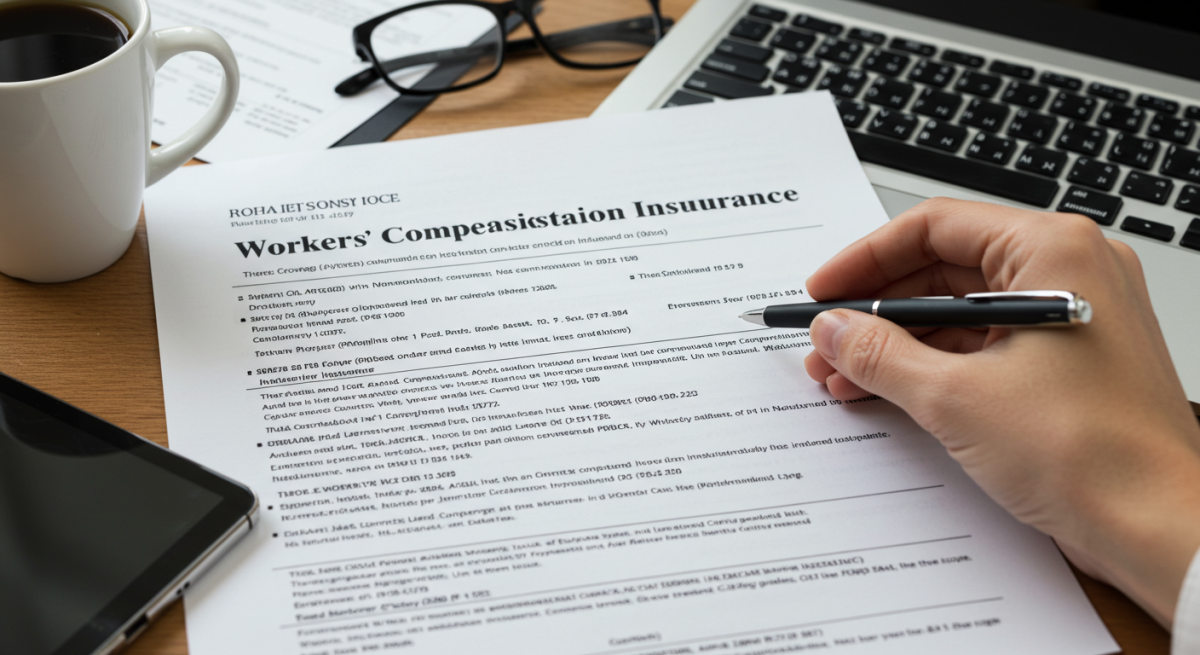As a business owner, protecting your employees and your finances must remain a priority. No one wants to face the overwhelming repercussions of workplace accidents, and that’s where workers’ compensation insurance comes into play. But how well do you understand this crucial coverage? In this guide, we delve into the essentials of workers’ comp—what it is, what it covers, and why it’s essential for your business.
What is Workers’ Compensation Insurance?
Workers’ compensation, or workers’ comp, is a type of insurance that provides wage replacement and medical benefits to employees injured on the job. This system is often mandated by law, requiring businesses to carry a policy to protect both workers and employers. In exchange for benefits, employees typically waive their right to sue employers for negligence.
Benefits of Workers’ Compensation
Workers’ comp is designed to cover various costs, ensuring that injured employees receive the necessary support without lag. Here are some key components:
- Medical Expenses: Covers doctor visits, hospital stays, and medications.
- Lost Wages: Provides wage replacement benefits, usually covering two-thirds of lost income.
- Rehabilitation: Access to rehabilitation and therapy to aid in recovery.
- Disability Benefits: Ongoing support for employees who can’t return to work.
- Survivor Benefits: Assistance for dependents of employees who lose their lives due to work-related incidents.
What Does Workers’ Compensation Cover?
The specific coverage depends on the state, but generally, workers’ comp insurance typically covers:
- Accidental Injuries: Injuries resulting from workplace accidents, including slips, falls, and machinery mishaps.
- Repetitive Motion Injuries: Issues like carpal tunnel syndrome that develop from performing the same task repeatedly.
- Occupational Illnesses: Conditions stemming from exposure to harmful substances.
- Mental Health Conditions: Stress-related conditions due to workplace pressure.
Who Needs Workers’ Compensation Coverage?
In most states, almost every employer must carry workers’ compensation insurance. Whether you have one employee or many, it’s vital to know your obligations. Even if your state does not mandate coverage for small businesses, investing in workers’ comp can provide additional protections for your bottom line.
Legal Requirements Vary by State
To determine if you need coverage:
- Consult your insurance advisor, knowledgeable about your state’s regulations.
- Check your state’s Department of Labor website for uncovering requirements.
- Review local directories that outline regulations.
What happens if You Don’t Have Coverage?
If you are required to have workers’ comp and fail to obtain it, you may face steep fines and potential lawsuits. The consequences may extend as far as paying for employees’ medical bills and lost wages out of your pocket. In serious cases, employees may sue you personally, risking your assets.
The Cost of Workers’ Comp Insurance
While the cost can vary significantly based on various factors, including:
- Industry Type: Different industries have different risks, impacting your rate.
- Total Payroll: Higher payrolls may lead to higher premiums.
- Safety Record: A clean history can lower your costs; conversely, a poor claims history may increase them.
- Coverage Limits: Policies with higher deductibles tend to have lower premiums.
How Safety Programs Affect Your Workers’ Comp Rates
An effective workplace safety program can reduce incidents and claims, helping businesses lower their insurance premiums. Training employees in safety measures not only mitigates risks, but promotes a culture of responsibility within the organization.
Benefits of Improved Safety Measures
- Reduction in employee injuries.
- Enhanced employee morale and productivity.
- Better staff retention rates.
- Strengthened company reputation.
The Workers’ Comp Claim Process: What to Expect
If an incident occurs, knowing the claims process will alleviate stress. Here are the general steps you should expect:
- Report the injury to your insurance provider as soon as possible.
- Complete the necessary documentation as required by the insurance carrier.
- Work with your insurance adjuster to provide necessary evidence, including medical reports.
- If approved, allow the employee to receive the related benefits.
- Maintain communication with all involved parties for a smooth recovery process.
Securing the Right Workers’ Comp Coverage
Finding the right coverage involves partnering with knowledgeable insurance agents who tailor policies based on your unique risk profile. A thorough assessment can ensure you have the protection you need. Don’t forget that not all policies are created equal; consider looking for those that provide added value through support services like training and claims management.
In a world filled with risks, securing appropriate workers’ compensation coverage is vital. Ensure that your business and employees are safeguarded by working with a trusted partner who understands your unique needs. For expert guidance, consider collaborating with Statewide Insurance Group, where tailored solutions are just a click away.


